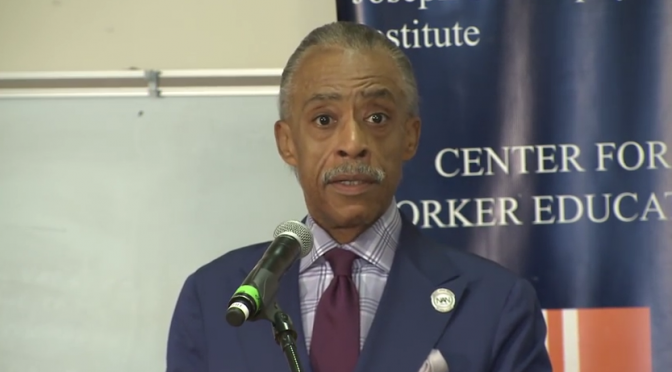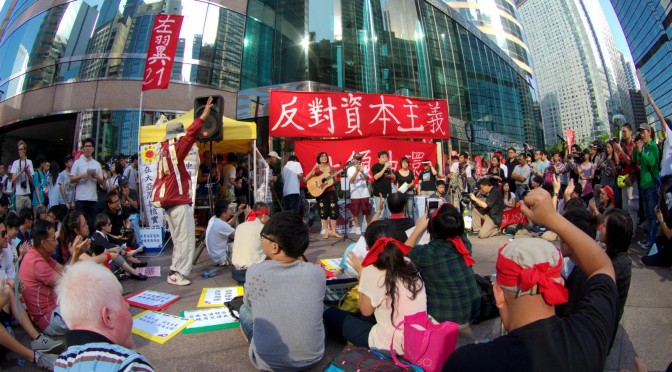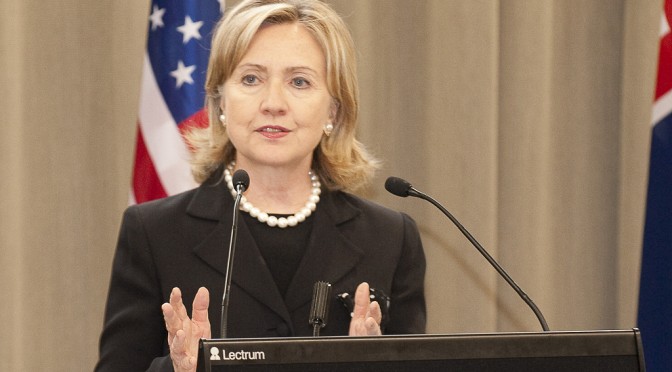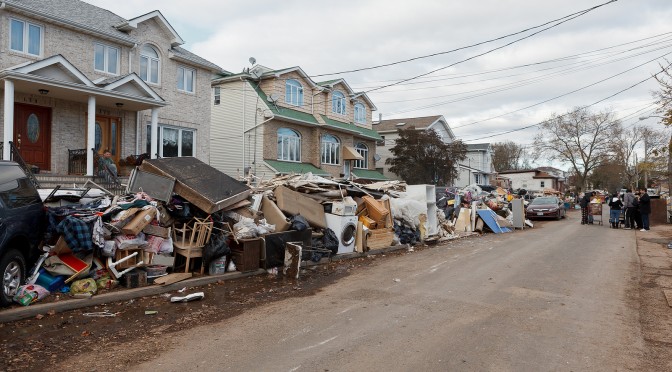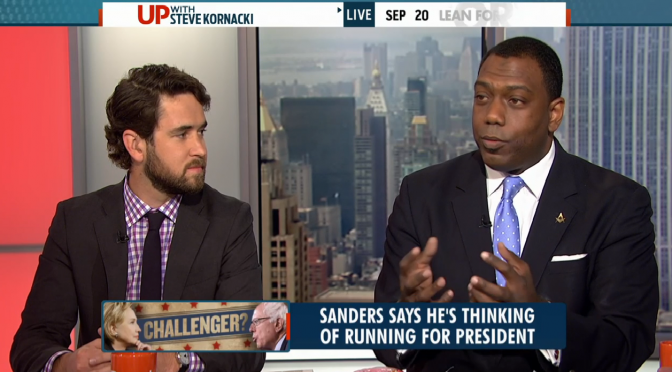Earlier this semester, a full house attended a special forum entitled “From Protest to Policy: Policing in Communities of Color,” kicking off the Fall 2014 Labor Breakfast Forum series at the Murphy Institute.
The event was moderated by CUNY Prof. John Mollenkopf and featured the Reverend Al Sharpton, who talked about the controversial policing tactics seen in present-day and past New York City, the effect these tactics have had on minority communities as well as the effect they have on the overall crime rate, and the quality of life for all New York City residents. The discussion also looked at arrest trends and potential public policy interventions.
Reverend Al Sharpton, founder and president of the National Action Network, is an American Baptist minister, civil rights activist, and television/radio talk show host. In 2004, he was a candidate for the Democratic nomination for the U.S. presidential election. He hosts his own radio talk show, Keepin’ It Real, and he makes regular guest appearances on Fox News (such as on The O’Reilly Factor), CNN, and MSNBC. In 2011, he was named the host of MSNBC’s PoliticsNation, a nightly talk show.

